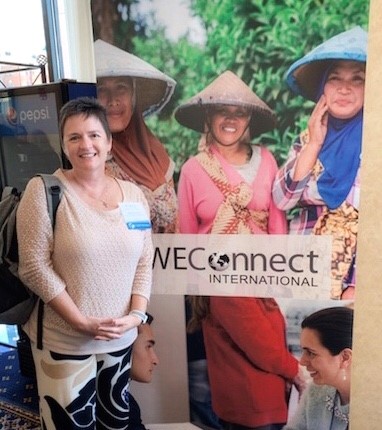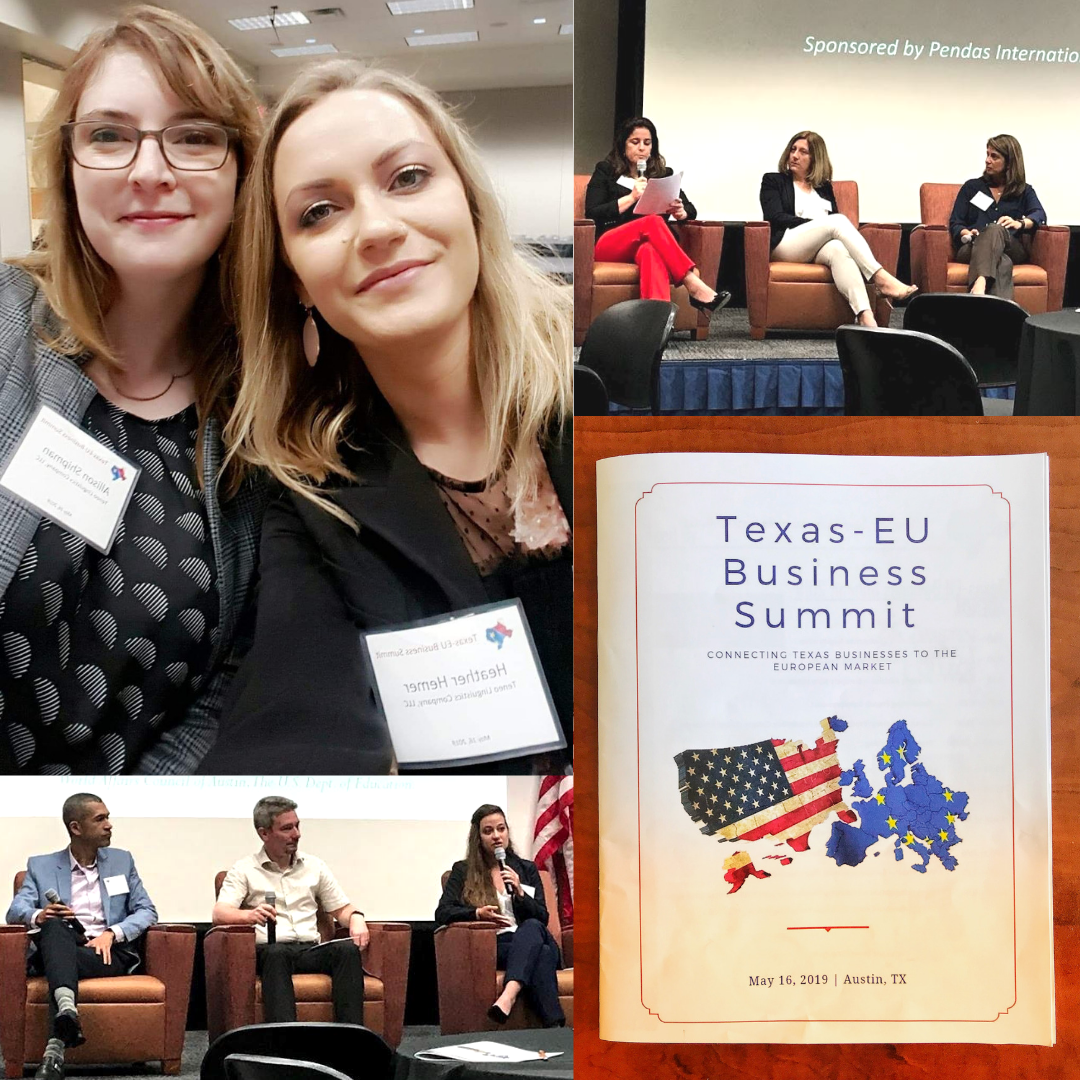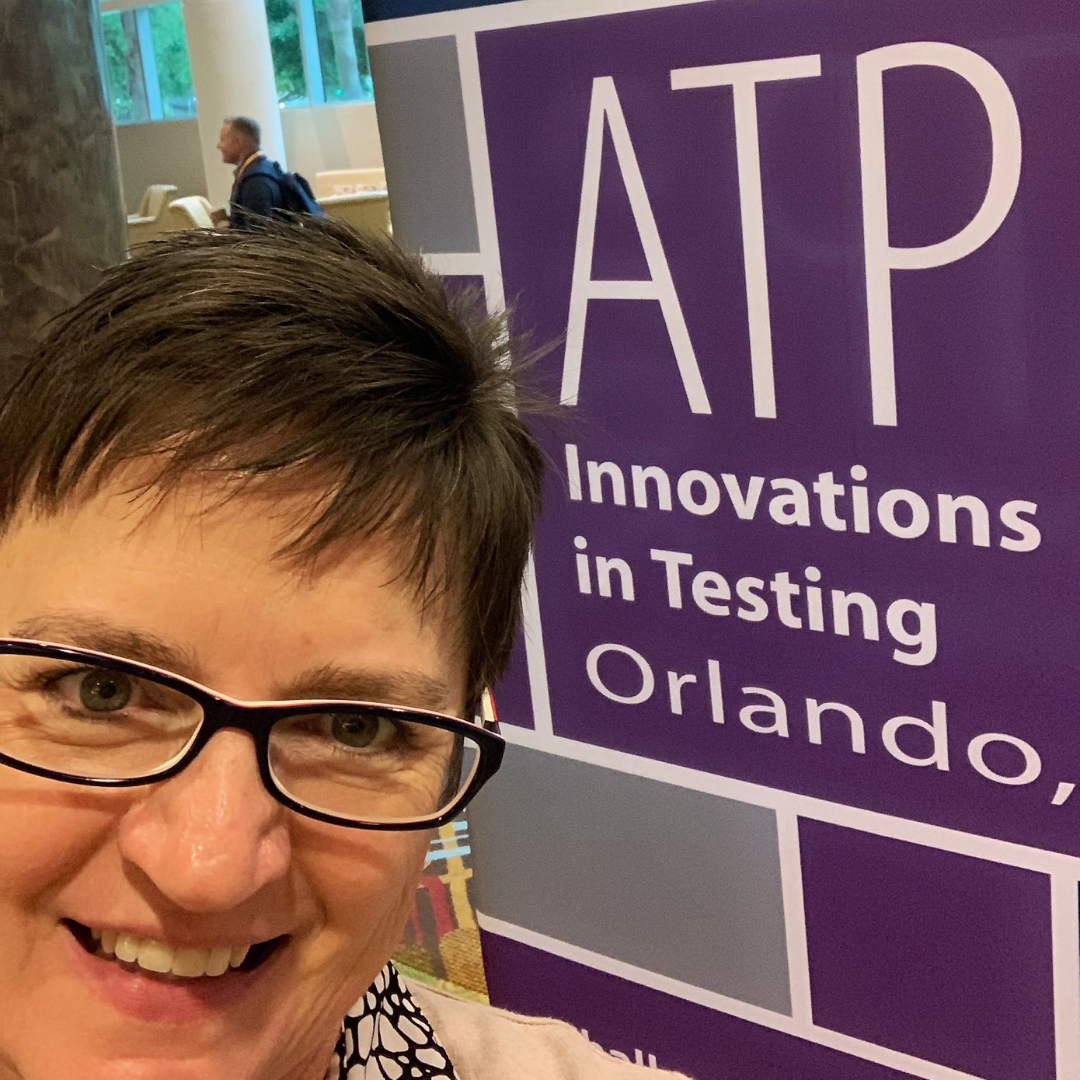
How to Support a Multilingual Workforce
By: Allie
Date: August 30, 2019
To maintain their edge in the global marketplace, it is increasingly vital for companies to have a multilingual workforce. But simply creating this kind of workforce is not enough to guarantee success. Leaders at all levels must act strategically to help employees in a multilingual workforce both reach their individual potential and collaborate as a team.
Here are three of the most effective ways to do that.
1. Provide Language Training
Offering language training for employees will improve communication and productivity for global companies in a variety of scenarios. Language training should be mandatory when employees are relocated overseas (those who are staying more than a year need at least 300 hours of training), when employees collaborate virtually with colleagues who speak a different language and when clients or customers speak a different language than most company employees.
Surprisingly, though, language training often gets overlooked. According to a survey on employee relocations by Altair Global, 43% of companies did not offer language training to employees who were making international moves. One reason this happens is that if employees already have some proficiency in a language, companies assume that training will not be beneficial. But that is not true. Working all day with native speakers is a whole new challenge, even for someone who has studied a language for many years. Most expats comment that they did not understand anything when they arrived in their new country, despite 10+ years of study. The real deal is nothing like the classroom.
In a multilingual workforce, employees are not the only ones who should expand their language skills. When executives gain even a little fluency in a language that a segment of their workforce speaks, their efforts send a powerful message of respect and inclusion.
2. Educate Beyond Language
Both language and cultural barriers can affect the success of a multilingual workforce. After all, communicating is not just about the words you use. It is also about understanding all the nuances of a culture and a workplace. Company rules, certain ideas that do not translate even with words, certain policies and even office etiquette can be confusing to an employee whose previous work experience has been entirely in a different culture.
To eliminate that confusion, look for ways to help all employees understand the company, the culture as a whole and their colleagues who come from different cultures. Ensure that important documents, like your employee handbook, are available in everyone’s native language. Even when an employee has enough fluency to read the handbook in its original language, there still may be unfamiliar terms or concepts that just do not translate. So, make sure to consider a glossary that explains terms as well. Never assume everyone understands what a health insurance deductible is!
Another way to increase cultural fluency is to hold brown-bag lunches on topics like business etiquette, the different cultures in your company or even challenges your employees might encounter outside the office, like managing their kids’ education. (An added bonus to these sessions is that they create more opportunities for non-native speakers to get conversational practice in their second language.)
3. Adjust Your Routines
A multilingual workforce requires daily practice and adjustments that are not necessary with a monolingual workforce. Take meetings, for example. Employees who are not native speakers of the language the meeting is conducted in can have trouble keeping up. So, it is a good idea to both send out bullet points ahead of the meeting and a written summary afterward.
These employees may also hesitate to voice their ideas because they feel awkward speaking in their second language. To make sure they are being heard, meeting leaders can make a point of asking everyone for their input.
Meetings that happen via conference call are even more difficult for non-native speakers because they cannot see the mouths of the other people speaking or pick up on their body language. If possible, switch to video conferences instead of conference calls so all participants can see each other. Another helpful hint is for someone to type bullet points of what is being mentioned in the chat box.
Supporting a multilingual workforce takes extra resources — and extra empathy. But the payoffs for companies are more than worth it, as they position themselves to succeed in an ever-more-connected world.
Guest Blog Author
Fluency Corp CEO and founder Micah Bellieu believes that effective communication unlocks the power of a multilingual workforce.





